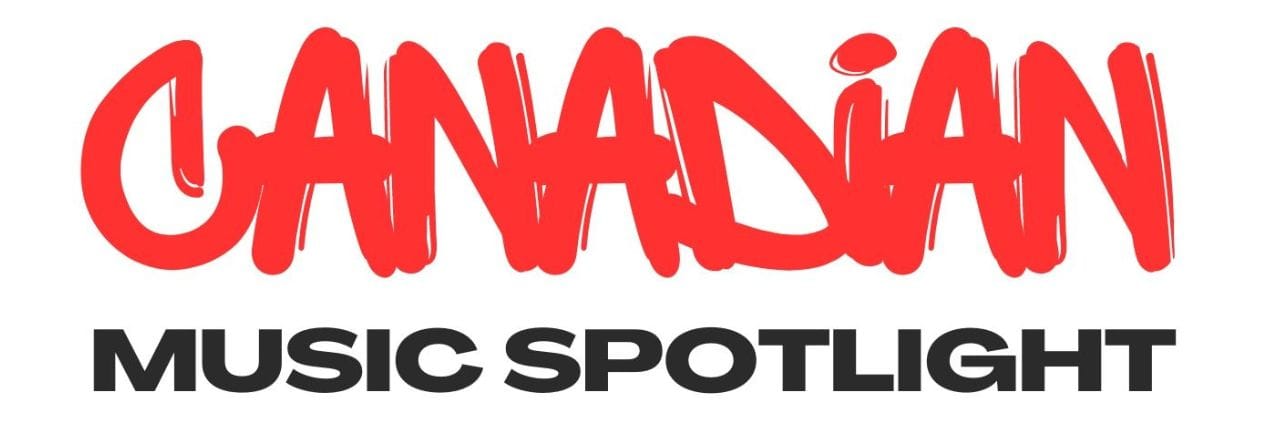Independent artists and radio

By Andrea Morris
“So you better do as you are told, You better listen to the radio” (Elvis Costello “Radio, Radio”)
Contrary to popular opinion, radio is not dying and is still a viable medium for artists. Despite the number of streaming services available today, surveys have shown the majority of people list radio as their number one source for discovering new music.
Radio airplay is a dream for most artists. There’s nothing more exciting than getting in the car, turning on the radio and hearing your song blasting on the airwaves. For independent artists, radio airplay IS an achievable goal, but you do have to have reasonable expectations. You also have to budget for marketing and promotion of your music before you even begin the recording process. But let’s talk about radio first.
A number one radio hit is the goal of every artist, but it rarely happens on your first single. That’s not a bad thing, as you really want to grow your career and steadily increase your chart position on each new release to get closer and closer to that number one spot. You need time to develop your career and your stage presence so you are ready for the big stage when that hit comes.
Let’s talk about radio in Canada. As you know, 35% of what is played on the radio must be Canadian in content, so that does help when pitching your song to radio. However, there is a LOT of great Canadian music out there and the competition gets stiffer every year. This is actually not a bad thing, as it shows how strong the Canadian music industry is, and it stops American’s from saying “well they HAVE to play the song because it’s Canadian.” There are several things you can do as an artist to improve your chances of radio airplay.
One of the most important steps you can take is to actually listen to radio stations in the format you would like to approach with your music. It’s important to hear the artists the stations are playing, and to hear the production values of the songs that have attained radio airplay. Listen to the song structure: when does the chorus come in? How many times is the chorus repeated? How long is the song? What is the musical hook like? These are all factors that figure into radio airplay. It’s also important to hear how high the vocals ride in the mix. I can’t tell you how many times I have been sent songs from artists that are well structured and catchy, but the vocals are so low in the mix they would never receive airplay. This is especially true when the chorus comes in and the instrumentation tends to drown out the vocals. Radio listeners want to sing along with the songs and if you can’t hear the vocals, that’s pretty hard to do. ALWAYS keep that in mind when you are in the studio!!
Another thing to consider is the timing of your release. As previously stated, we have a VERY healthy Canadian music scene and if you release your single when several major artists has songs out, you aren’t going to get added immediately. Major artists with successful track records will always take priority over an indie artist who is building their career. It’s frustrating, but just remember – at one point, all of these artists were also indies who were fighting for airplay as well. Every overnight success is at least ten years in the making. Hard work and determination pays off in the end, so don’t get discouraged if it takes several weeks, even months, to get your song added. It’s also important to budget for at least two to three songs for radio airplay. Programmers have a limited amount of space for adding music, so they are more likely to pay attention to you if you are a career artist and don’t disappear after one single. You want to keep yourself and your music in the forefront with programmers. Many artists release a single, then get frustrated when it’s not in the top 40, and wait several months to release another song. You have to set up a timeline for releases and stick with it. Familiarity does not breed contempt with programmers! On the contrary – if they see you releasing songs on a regular basis, they know you are serious about a music career and will tend to pay more attention to your music.
Of course, it helps significantly if you have a radio tracker on your side to pitch your song to stations. Many artists think they can do this themselves, but the reality is that programmers are really busy and they really don’t want to speak to artists individually. A good radio tracker has spent time developing relationships with programmers and knows the songs to pitch to them, and the approach to take. They will listen to your song and give you an honest appraisal of your chances of radio play. As a tracker, I certainly won’t take on a project I think as no shot at airplay, as that would harm my reputation with radio and I only want to represent artists who treat music as a career and not a hobby.
A tracker can also pitch your music to the various programs radio has to promote new artists. In country radio, there are several places to pitch, like Stingray Trending Track, Pure Country Future Star, Rogers One to Watch and the Acadia Broadcasting Breakout Artist. Pop Radio has Bell Media Future Star, Stingray Trending Track and Rogers One to Watch. For the most part, these programs DO support independent artists and have chosen them for airplay. However – they will not choose your song if you are not working with a tracker. Everyone wants to back a successful artist and if you don’t have a tracker promoting your music, you won’t achieve the chart position necessary to insure success.
Remember – music is subjective. What strikes one persons fancy might make someone else change the station. We all have artists and songs we love, and we also have songs we hate with a passion. You have to take a step back from your music and be prepared for honest critiques from programmers. They may say they like the song, but they don’t have room. They may say it’s just not what they are looking for at the moment. They may not like the song at all and give specific reasons why. They may LOVE the song and add it to their station. When you release your musical baby to radio, you have to let if fly and spread its wings. Sometimes the songs will fly onto the charts. Sometimes it bombs. I’ve had artists who have had a top 40 hit and the next single goes nowhere. It all depends on the song, the timing and what the competition is.
Radio airplay IS an achievable goal for independent artists, but you must set realistic goals and you really should have a team assembled to help you achieve these goals. Radio programmers are much more likely to take a chance on your song if present yourself as a professional musician who is serious about your career. When hiring your team, be sure to do your research. Ask other musicians who they would recommend. Have a conversation with the person you intend to hire and ask important questions. With regards to a radio tracker, ask if you will receive a weekly report, will they set up interviews, will they promote you on social media, what additional means will they use to promote your music? Look at their websites and social media sites as well. Hire the person you think you can work well with and then let your musical baby fly!!
AM to FM Promotions
